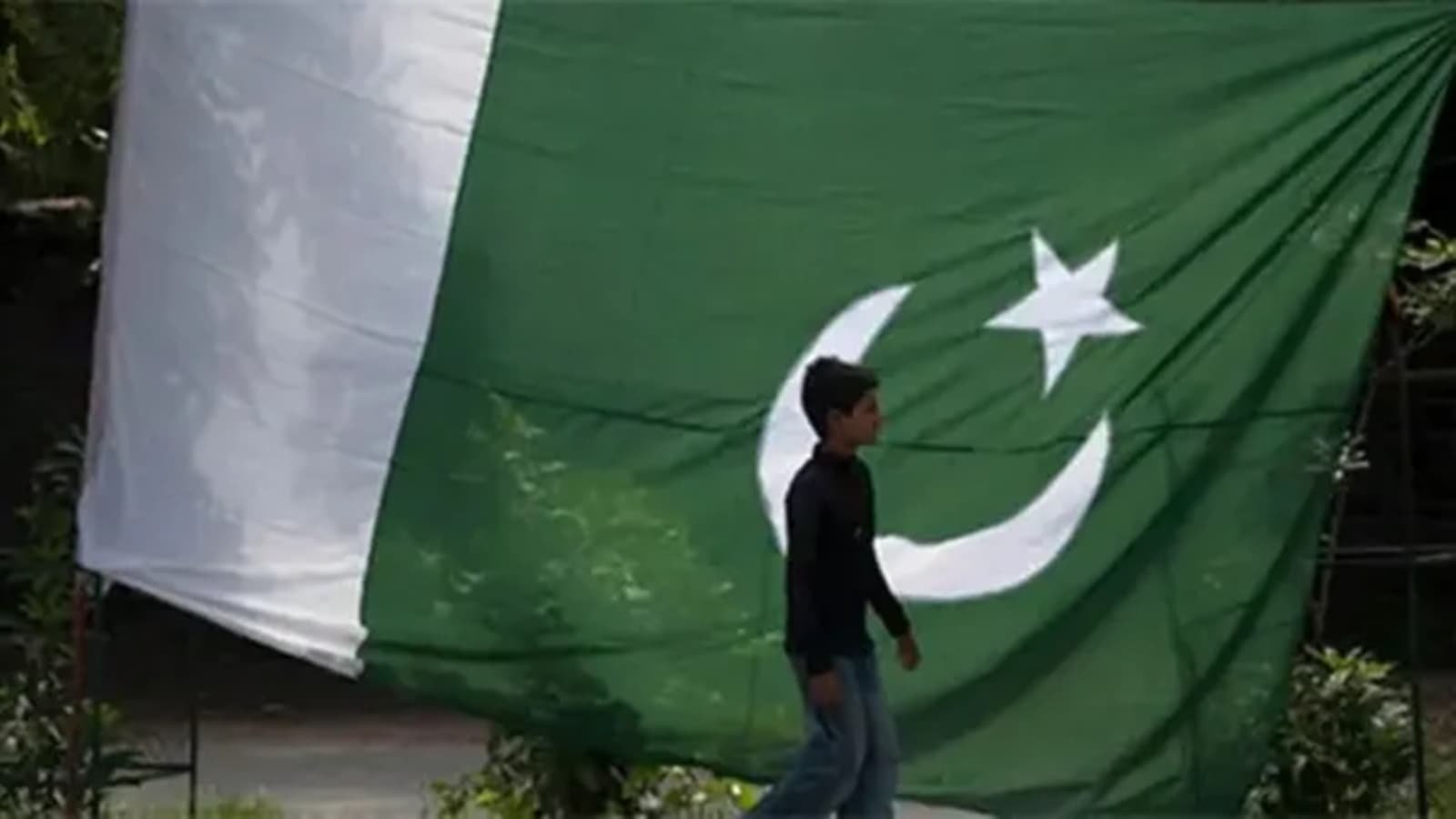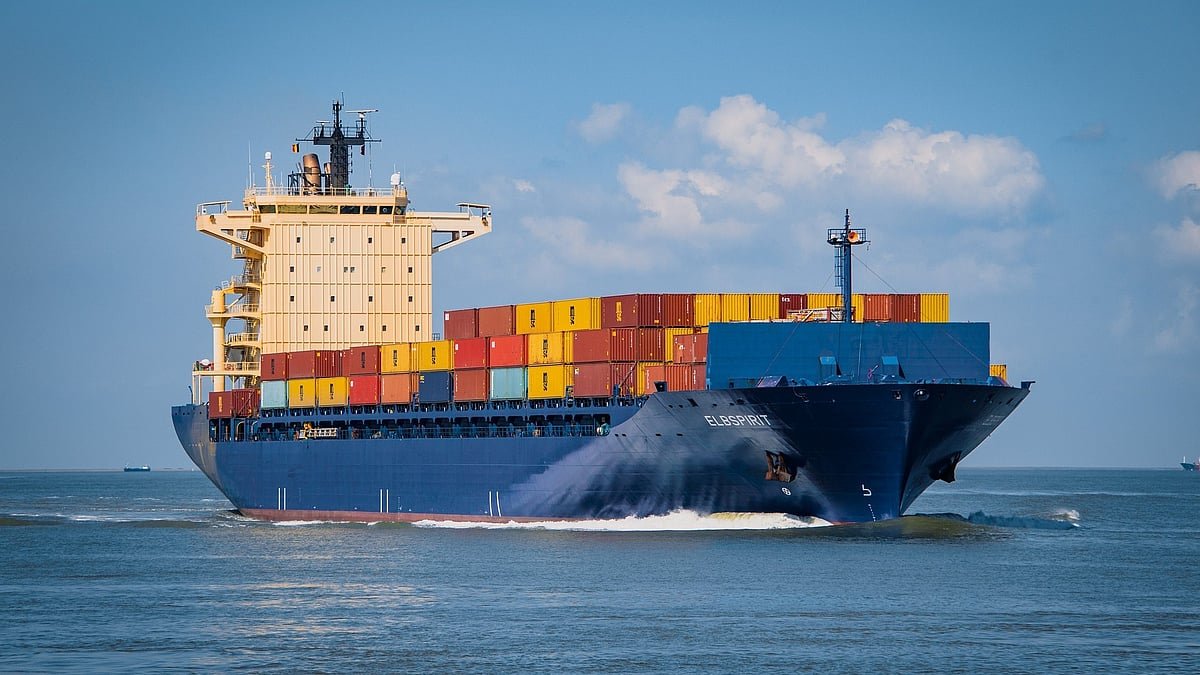In dealing with Pakistan, India must understand why our neighbour matters to a range of powers including China, Russia, the US, various European countries and Saudi Arabia. Over time, we complacently persuaded ourselves that India’s much greater power had diminished Pakistan’s attractiveness to others. In fact, US President Donald Trump’s recent outreach, Russia’s deepening ties, and China’s steady support to Islamabad underline that the major powers are very much engaged with our troublesome neighbour.
Pakistan is attractive to many countries for at least three enduring reasons: Location, disruptive capabilities, and power.
First, Pakistan’s location matters. The country abuts Afghanistan, Iran, and China (and India). It is proximate to the Gulf states, including Saudi Arabia. Through Afghanistan, it is connected to Central Asia. From Pakistani naval bases and air bases, distant powers can project force in a wide arc. In addition, foreign ground forces can operate from Pakistan against Afghanistan and Iran. It may seem fanciful today, but Pakistan could even be a staging post for Chinese attacks against India.
Second, and less positively, Pakistan matters because it is a potential disrupter and danger. Indian diplomats portray Pakistan as a state that supports terrorists. They are right, but it is precisely because Islamabad has that capability that it is feared, engaged, and even propitiated. China, Russia, and the US as well as others must worry about Pakistan’s support of Islamic militancy and terrorism as also its subtle forms of blackmail via its control over violent-minded groups.
A lesson for us in India is that the more we castigate Pakistan, the more we play into Islamabad’s hands. This is because Pakistani leaders are not overly embarrassed by their dark reputation. Indeed, they use their image as an international “poison pill” to reinforce global concerns over the country’s possible disruptive role.
Third, contrary to our belief that Pakistan is a puny entity, our neighbour has five assets that make it both feared and attractive — its military, demographic, Islamic, diasporic, and alliance power.
Above all, Pakistan is a formidable military power. With half a million men in uniform, its armed forces are among the biggest in the world. In addition, it is a nuclear power. With roughly 200 nuclear weapons, it is India’s peer. In fact, there is evidence that it may have more warheads than India. Plus, as our recent fracas with Pakistan showed us and the world, its military is competent. Backed by Chinese weapons systems and real-information feeds, it garners attention and respect.
Pakistani military power could also be harnessed for other countries’ fights. Are we sure that Islamabad’s current conflict with Afghanistan is simply about the Durand Line, Afghan-backed militancy and separatism in Pakistan, and a broader protracted rivalry between two neighbours? Is it not also possible that foreign powers are using Islamabad against the Afghan Taliban?
Pakistani power is not simply military. This is a country of around 260 million people, making it the fifth-most populous globally. By 2050, some estimates put its population at between 340 and 380 million, which would make it the third largest in the world, behind only India and China. Like India, it will have a huge population of young, potentially productive people. If it gets its economic act together, it could also be a large market in which to sell and invest. Will any major power give up on Pakistan given its demography?
Another component of Pakistani power comes from its position in the global Muslim community. Pakistan is the second-largest Muslim country in the world in population terms. While it is poorer than many other Muslim countries, it is influential in global Islam by sheer size of numbers. Its demographic size is amplified by its military and diplomatic power.
Whatever we may think in India, Pakistan’s military, including its “Islamic” bomb, is a source of envy, pride, and comfort to Muslims elsewhere. Beyond this, its diplomats are suave and effective, not just in the West and China where much of their attention is focused. Pakistani diplomacy is also a force in the Muslim world including in the apex Organisation of Islamic Cooperation (OIC). China, Russia, and the US and others, who have stakes in the stability of the Islamic world, cannot ignore Islamabad’s influence.
We in India consider our diaspora a source of power. The Pakistani diaspora is not as large or influential as India’s, but it cannot be dismissed. Between 1995 and 2020, the UN World Migration Report estimates 6.14 million Pakistanis emigrated, placing it in sixth position (India had 17.79 million emigrants). The total size of its diaspora is uncertain but could be between 10 and 11 million (Pakistan’s own estimate), less than one-third of India’s. The diaspora is largely in Saudi Arabia, the Gulf, and the Anglosphere. Like other diasporic communities, Pakistanis abroad wield political, lobbying, and economic power, and host governments must reckon with their influence.
Finally, Pakistan has alliance power. It was a formal ally of the US in SEATO and CENTO in the 1950s and 1960s. It has been a quasi-ally of China since 1963 and was a quasi-ally of both China and the US against the Soviet Union in the 1980s (in supporting the Afghan mujahideen). It was also forced to be a quasi-ally of the US in Afghanistan after the events of September 11, 2001. For years, it has partnered with Saudi Arabia militarily, including intermittently stationing troops on Saudi soil. And it has just signed an alliance pact with Riyadh, which apparently includes nuclear protection. Its willingness to enter alliance-like relationships makes it attractive to these powers even now.
In sum, galling as it is, we must recognise that Pakistan cannot be dismissed in strategic terms. Powerful others will continue to engage with it, despite their strong ties to India. This is the reality. Our diplomacy must be cool-headed in thinking about Pakistan’s place in the world and our policies towards it. Irritation and condescension are not enough.
The writer is visiting professor of International Relations, Ashoka University, and emeritus professor at the Lee Kuan Yew School of Public Policy, National University of Singapore




